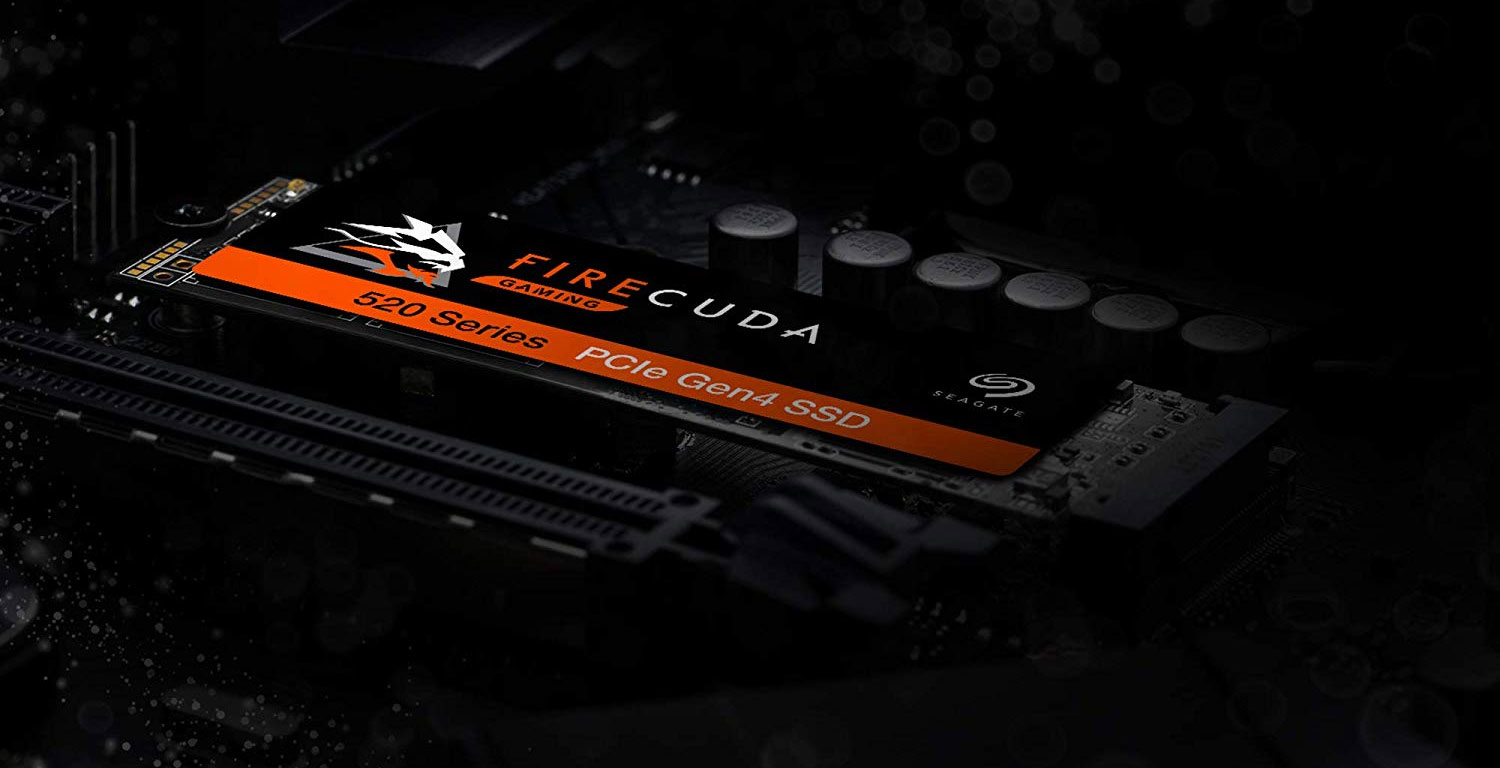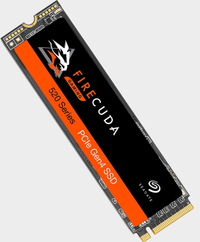Get one of the fastest consumer SSDs on the market for $200
Save $50 on this blazing fast Seagate 1TB PCIe 4.0 SSD capable of 5,000MB/s reads.

Here's a deal for anyone who built a third-generation Ryzen PC around an X570 motherboard, and wants to take full advantage of PCI Express 4.0 support. Seagate's Firecuda 520 is one of a small handful of PCIe 4.0 SSDs on the market with incredibly fast read and write speeds. These drives don't come cheap, but if you're after one of the fastest SSDs on the market, the 1TB model is on sale at Amazon for $199.99 right now.
That's $50 below its list price. Its street price has hovered closer to $230 the past few weeks, but you're still saving a bit with this deal. And granted, even at $200 this is not a cheap SSD, but no PCIe 3.0 model can touch the speeds that this one delivers—up to 5,000MB/s of sequential read performance and up to 4,400MB/s of sequential write performance.
Seagate Firecuda 520 1TB SSD | PCIe Gen 4 | NVMe | $199.99 (save $50)
This is one of the fastest SSDs on the market, and it's marked down $50 with this deal. Pair it with an X570 motherboard that supports PCIe 4.0 and watch those file transfers fly.
There are a couple of caveats to be aware of. To take full advantage of the speed this drive offers, you need a PCIe 4.0 platform. So far only AMD's X570 chipset supports PCIe 4.0 in the consumer space. You can still use this drive in an Intel system or an earlier AMD chipset, you just won't squeeze out 5,000MB/s read and 4,400MB/s writes from it.
Secondly, all this added speed doesn't really benefit gaming. Even a comparatively slow SATA-based SSD is fine for gaming, and general purpose usage as well (see our roundup of the best SSDs for gaming). So why highlight this deal?
Well, if you pieced together a PCIe 4.0 setup (or plan to) and want to splurge on fast storage, this is as fast as it gets, at least until the next round of PCIe 4.0 models arrive (some have been announced already). And while your games won't load faster compared to a PCIe 3.0 SSD, if you move a lot of files around or perform tasks that thrash your storage, the added speed can be a boon, especially compared to a SATA-based SSD.
Keep up to date with the most important stories and the best deals, as picked by the PC Gamer team.
Paul has been playing PC games and raking his knuckles on computer hardware since the Commodore 64. He does not have any tattoos, but thinks it would be cool to get one that reads LOAD"*",8,1. In his off time, he rides motorcycles and wrestles alligators (only one of those is true).



